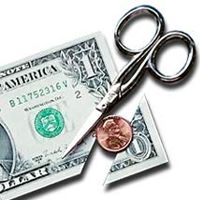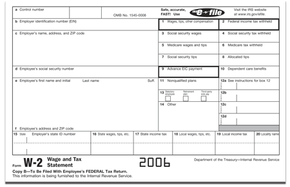Here are some basic tax strategies that you can use to save money:
Keep organized records. Whether you complete your tax return yourself or hire someone, you will be ahead of the game if you keep neat, organized records all year long. If you do prepare your own taxes, you will save yourself time and headaches. But you may overlook a large deduction if your receipts are unorganized.
If you hire a tax preparer, be sure to schedule an appointment early in the year. Your preparer can help you set up a bookkeeping system. Expect to pay more to have your tax return completed if you dump off a grocery bag full of receipts that are not organized at all.
Educate yourself. One way to learn more about taxes is to take a continuing education course on tax preparation at your local university or community college. The tuition will be modest, (maybe even free if you are over the age of 55). The information will be up to date, and you can ask the instructor any questions you have. Even if you do not think you can complete your entire tax return yourself, you will learn some money-saving ideas relating to your particular circumstances that you can pass along to your tax preparer.
Try tax preparation software. If you have a computer, one of the tax software programs might make the job easier and would be cheaper than going to a CPA. Most tax programs cost less than $50 and cover basic tax return situations. You may also qualify to file your taxes for free using the IRS' freefile program.
Don't rely on the IRS toll-free number for information. Many times the information they give you will not be accurate. If you do follow their advice, be sure to write down when you called, who you talked to, and exactly what the person said. If you can prove you got wrong information from the IRS, you won't pay a penalty, but you will still be liable for any additional taxes owed.
You're almost ready to file your taxes. Read on for more helpful tips.

